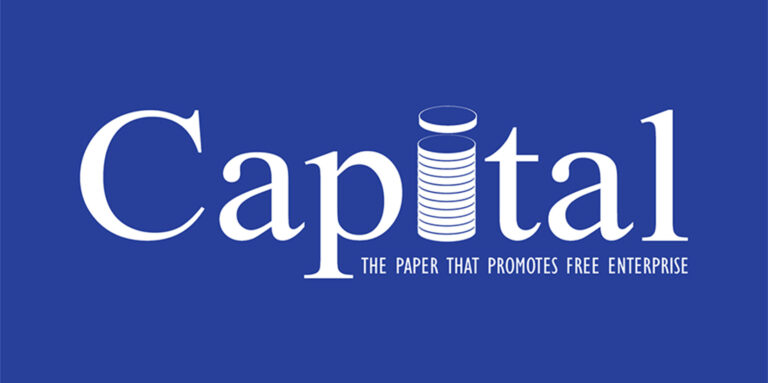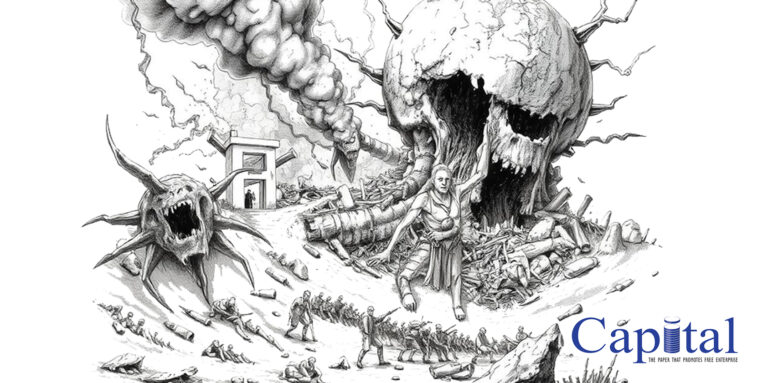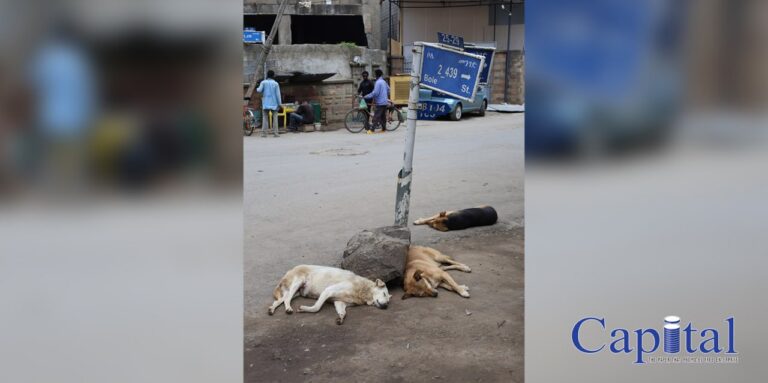The present days attempt to modernize education beyond exams by inserting digital platform into daily teaching practices—is key to creating meaningful and lasting change. This could make a real difference in teaching and learning atmosphere. Modern teaching methods (e.g., project-based learning, AI tutors) foster deeper understanding and real-world skills.
But in Ethiopia, these days about 50 to 55% of teachers consider leaving the profession due to living cost challenge, less payment in the field, especially in government schools. The high rate of turnover among teachers, due to deteriorating working conditions—particularly in different schools is a big challenge.
We need a mechanism to resolve this serious problem now more than ever. It is one thing to say we should implement all the means to bring quality education in the country and it is another to slow the processes of the change to this effect.
Addressing these challenges requires not only acknowledging the need for robust mechanisms but also ensuring swift and effective implementation—particularly in sectors like education, which is initial step for long-term resilience and growth.
To address the 50-55% of teachers need who consider economic change in the profession, systemic reforms must focus on financial incentives, housing support, professional autonomy is necessary. Raising tax exemption level or tax deductions from salaries of government teachers or from other taxes or offering income incentive may help reduce the burden of life challenge.
Providing supplemental income opportunities like encouraging schools to build teachers house and setting programs like economic empowering of teachers with a policy allowing teachers to benefit from weekend, night school and summer teaching revenue over and above their basic salaries with less or no tax etc.
AI enable adaptive learning, automate administrative tasks (e.g., grading), and provide real-time feedback to students. Hybrid learning is now an essential method, with 93% of students satisfied with online options. Some schools are blending in-person and digital formats to accommodate diverse needs.
However, disparities in tech access in different schools localities require investments in infrastructure for underserved communities. This remains a critical barrier to equitable education. The disparities stem from socio-economic, geographic, and infrastructural challenges, but targeted investments and policy interventions can help bridge the gap.
Low-income families often cannot afford devices (laptops, tablets) or reliable internet, or Wi-Fi. This leave students at a disadvantage in digital learning. Most Schools in underserved areas struggle with no or outdated hardware and insufficient IT budgets, perpetuating cycles of inequality and challenging them to come forward in modern digital education.
Rural areas frequently lack high-speed internet due to low population density and high development costs. Underserved urban schools also may face connectivity gaps due to malfunction of infrastructure.
Further, digital literacy gaps with students and educators in marginalized communities often due to lack of training to effectively use technology, exacerbate disparities even when devices are available.
Teachers and students may receive little to no orientation on how to use apps, platforms, or devices. Thus, just providing gadget or devices alone is not the end. It is only the first step. Without the skills and confidence to use them, technology risks becoming shelf ware rather than a tool for empowerment.
Besides, digital tools may not be localized or adapted to community needs and languages. Such short fall behind in the tech-driven classrooms, widen learning gaps and inequality. There is a need for workshops led training in local languages by trusted trainers to build comfort and confidence in digital aps application. Pairing tech-know-how volunteers with educators and students helps reinforce learning.
The shift toward digital learning has created opportunities for greater inclusivity. Yet significant gaps and issues remains to be addressed for students with disabilities, those in remote areas, and individuals facing security barriers (e.g., conflict zones, restrictive regimes).
For developing countries, at least for some period, the future of education in developing countries lies in hybrid models—blending in-person and online learning—to ensure accessibility, flexibility, and quality for all students, including those in remote areas, with disabilities, or facing security barriers.
Government must take more serious and immediate measures to establish hybrid education system now more than ever. Delaying action any further will only exacerbate the challenges faced.
While hybrid education may not completely solve all the problems, taking decisive steps without hesitation will undoubtedly help to mitigate the difficulties and pave the way for improving quality in education till further step.
Prompt and committed government intervention is essential to address the current challenges effectively and to improve the overall quality of education for the future.
A hybrid system to modernize and improve quality education combines the strengths of both traditional in-person teaching and online learning to create a flexible, personalized, and engaging educational experience.
Modernizing education through digital access & infrastructure for a hybrid education system could truly bridge gaps and unlock new opportunities leveraging technology and innovative pedagogies to address diverse learner needs and adapt to changing circumstances. This will help students to be better prepare for the demands of a rapidly changing world.
Thank be yours for reading this little piece





